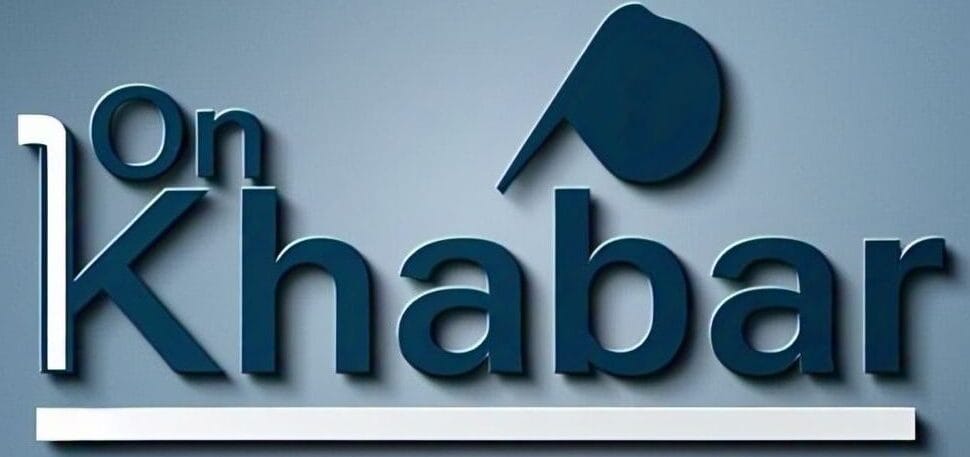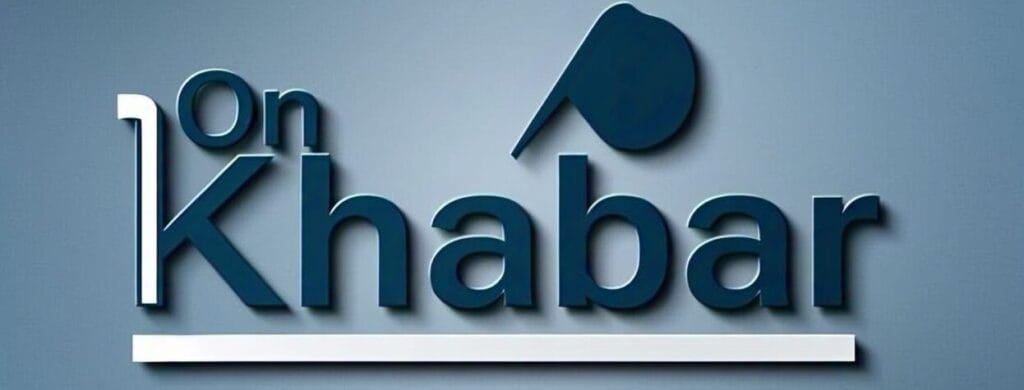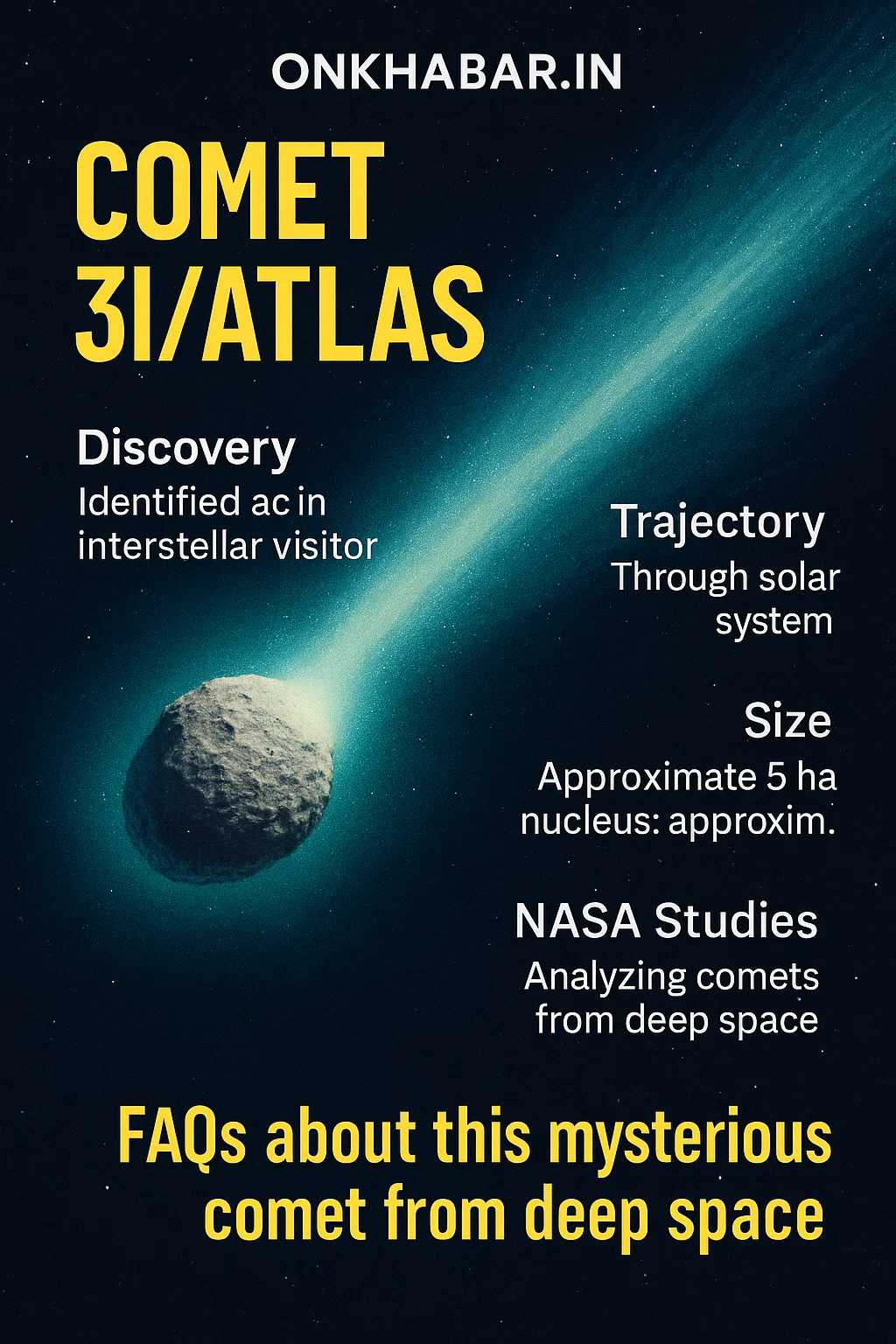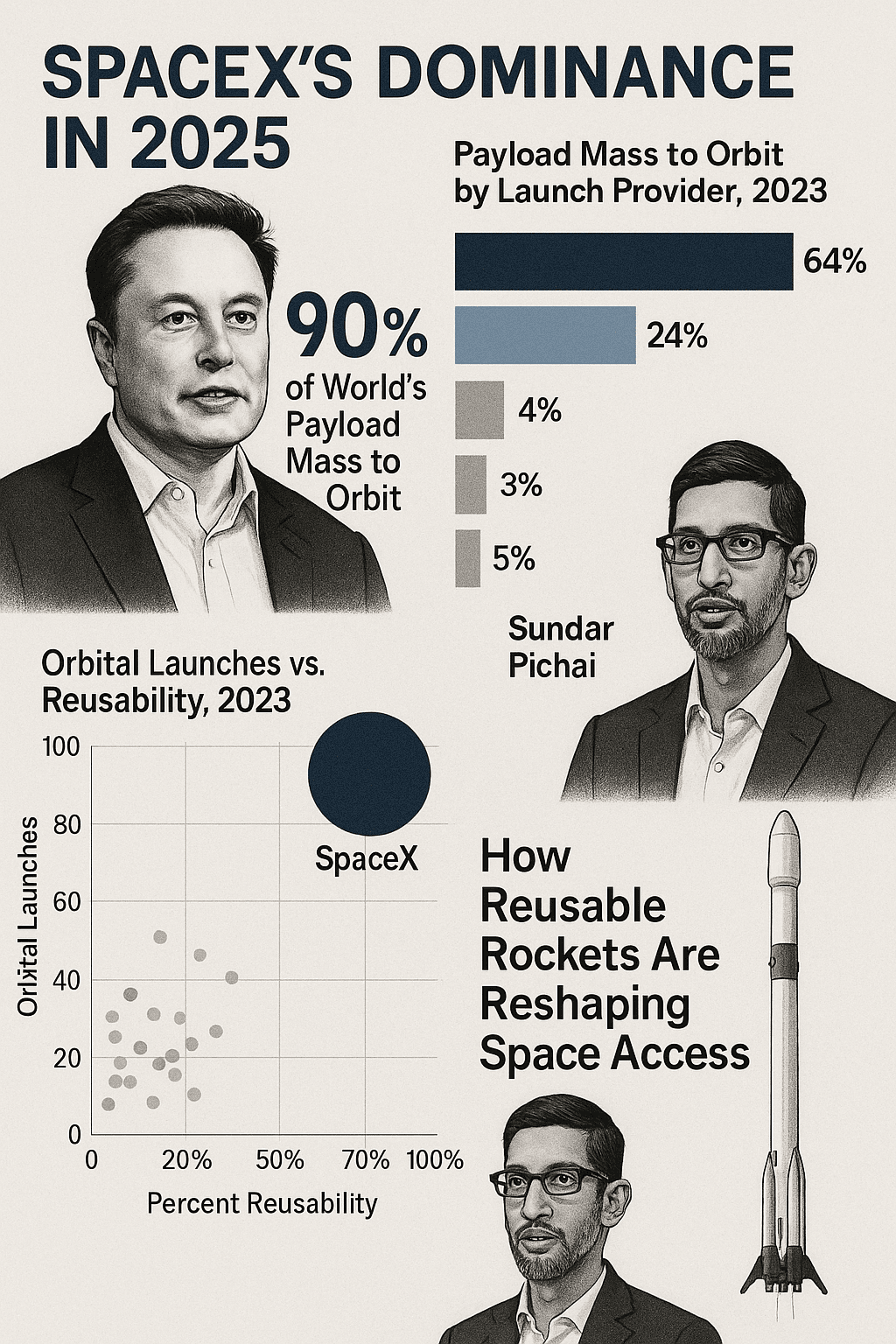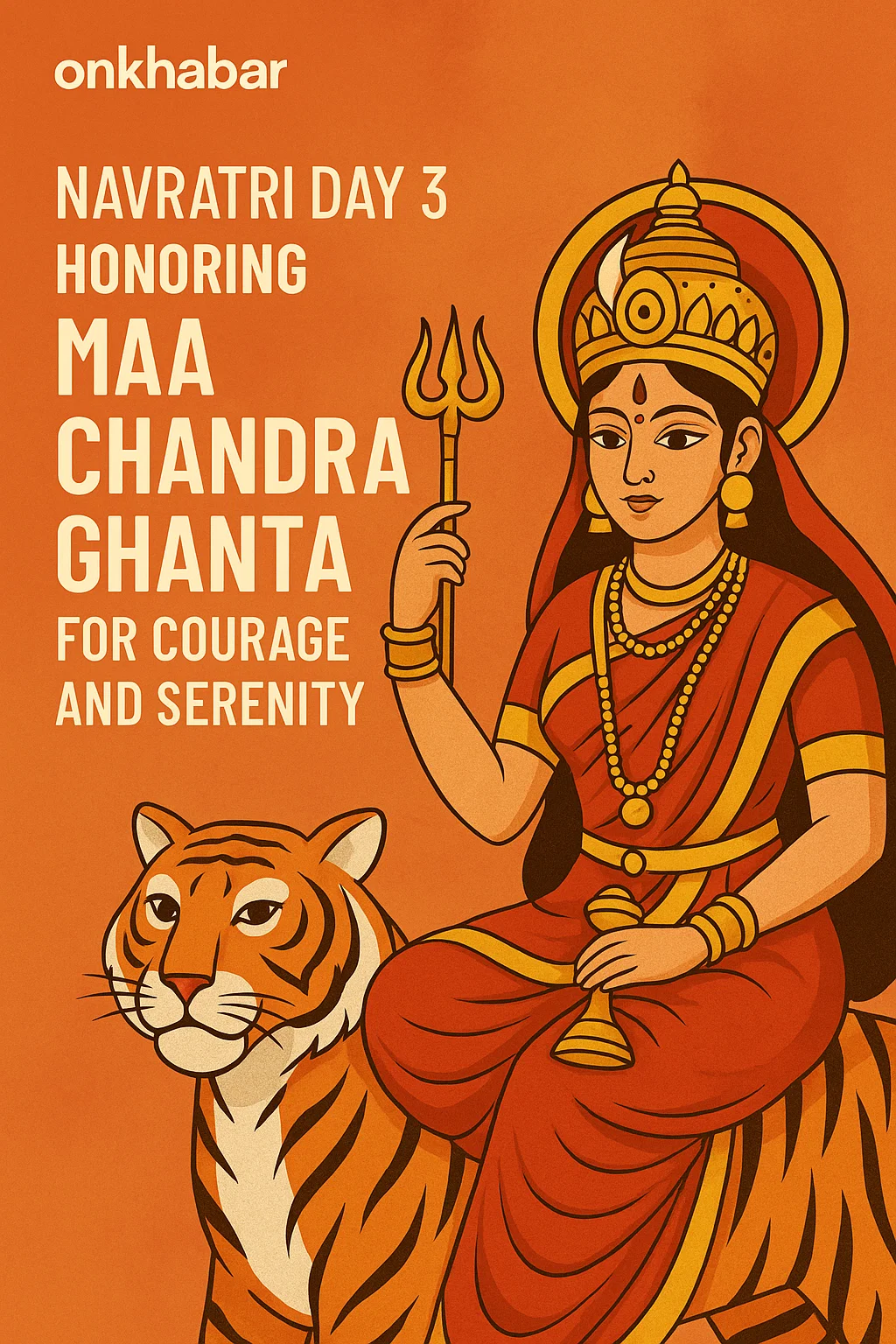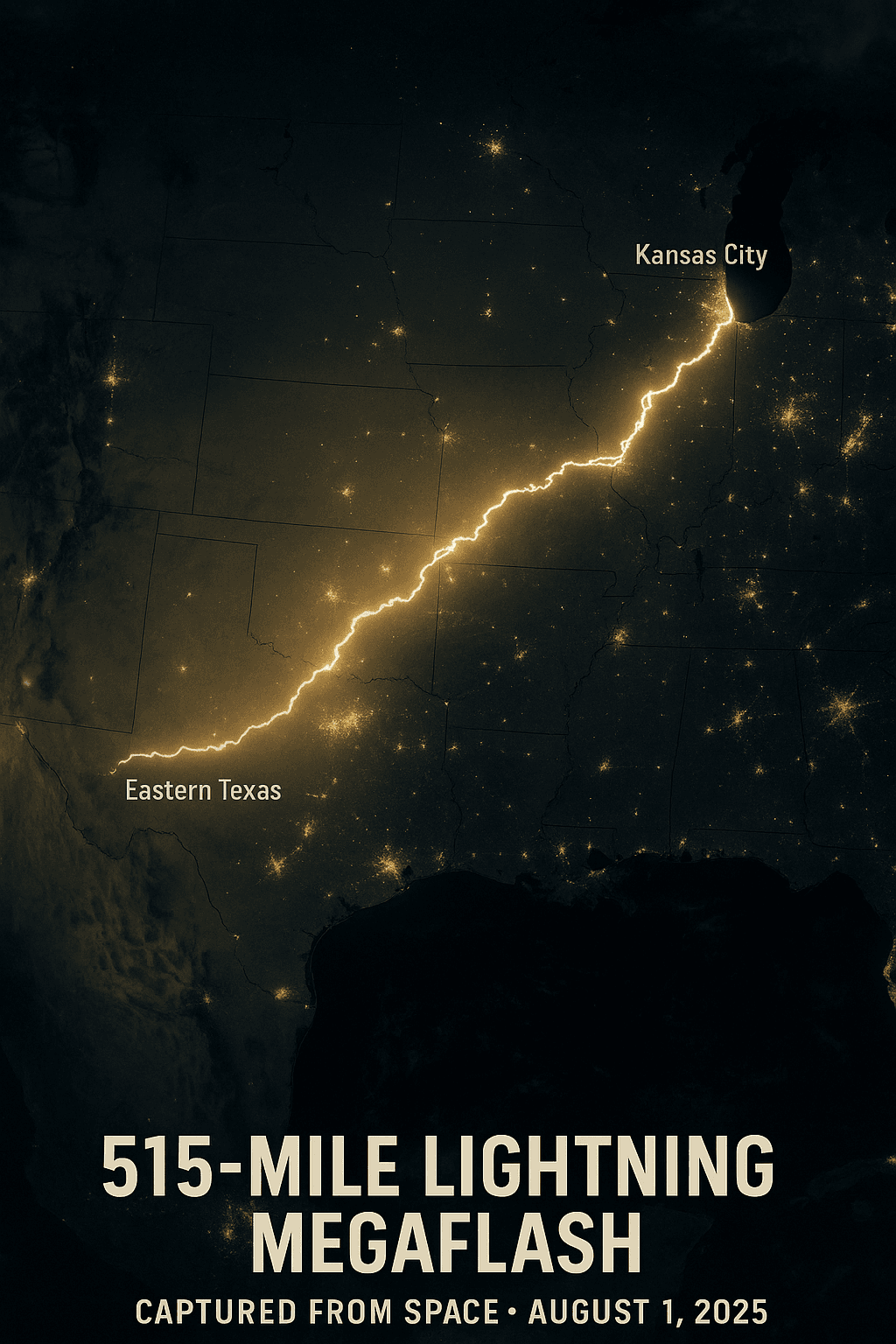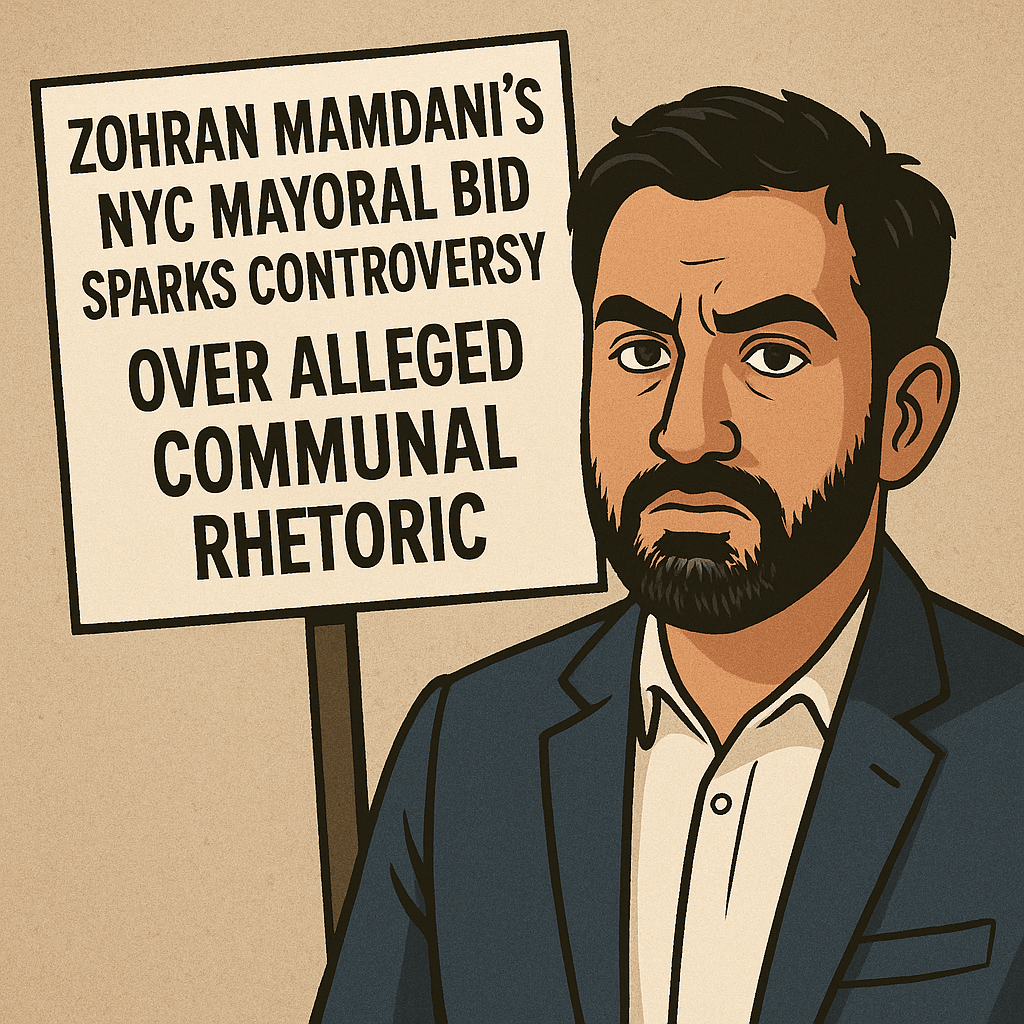
The 2025 New York City mayoral race has taken an unexpected turn as candidate Zohran Kwame Mamdani, a progressive Democrat and son of acclaimed filmmaker Mira Nair, faces sharp criticism from Indian diaspora leaders. Accused of deploying “anti-Hindu rhetoric” and inflaming religious tensions, Mamdani’s campaign is now under scrutiny for balancing local issues with global political commentary. This controversy raises critical questions about identity, diaspora politics, and the challenges of addressing international conflicts in local elections.

An internal poll from Zohran Mamdani’s campaign shows he is gaining on former Gov. Andrew Cuomo in the race for mayor. https://t.co/IvKUyObbIm
— PIX11 News (@PIX11News) May 27, 2025
Who is Zohran Mamdani? From Kampala to NYC’s Political Arena
Zohran Mamdani, 33, is no stranger to bridging worlds. Born in Kampala, Uganda, to Indian-American filmmaker Mira Nair and Ugandan academic Mahmood Mamdani (whose roots trace to Gujarat, India), he moved to Queens, New York, at age seven. His multicultural upbringing—steeped in art, activism, and academia—shaped his progressive worldview.
Before entering politics, Mamdani worked as a housing counselor, advocating for tenants’ rights in a city grappling with affordability crises. In 2020, he won a seat in the New York State Assembly, representing Astoria, and quickly gained attention for his unapologetically leftist stances on housing, climate justice, and defunding the police. Now, as a mayoral candidate, he’s positioned himself as a champion of marginalized communities, leveraging a grassroots campaign that has raised over $7 million, including public matching funds.
The Backlash: Accusations of Divisive Rhetoric
The controversy erupted after a May 15 campaign event where Mamdani criticized Indian Prime Minister Narendra Modi, comparing him to Israeli PM Benjamin Netanyahu and referencing the 2002 Gujarat riots—a period marked by sectarian violence that left over 1,000 dead, mostly Muslims. Mamdani, a self-identified Gujarati Muslim, reportedly stated that people were “shocked” by his religious and ethnic identity, a comment that drew ire from Hindu and Sikh leaders.
Good morning, NYC. We have some very exciting news to share. pic.twitter.com/zH1S35YWxE
— Zohran Kwame Mamdani (@ZohranKMamdani) May 27, 2025
Jennifer Rajkumar’s Critique: “Divisive Politics Has No Place Here”
Jennifer Rajkumar, a Democratic Assemblymember of Indian origin, condemned Mamdani for focusing on foreign leaders instead of local crises. “At a time when New Yorkers are struggling with rising crime, housing shortages, and hate crimes, we need unity—not divisive rhetoric about international figures,” she told The New York Post. Rajkumar emphasized Hinduism’s principles of “peace and interfaith harmony,” urging candidates to prioritize coalition-building over provocation.
Jaspreet Singh: “Amplifying Anti-Hindu Rhetoric”
Jaspreet Singh, a Sikh human rights lawyer and community leader, accused Mamdani of “pitting Muslims against Hindus” and associating Hindus with fascism. “Using derogatory language and divisive tactics harms our diverse Indian community,” Singh argued. “Instead of uniting us, he’s deepening fractures for political gain.”
Mamdani’s Platform: Progressive Vision vs. Polarizing Comments
Mamdani’s campaign focuses on quintessential NYC issues: affordable housing, criminal justice reform, and climate action. His “Homes Guarantee” plan promises to build 1 million social housing units, while his advocacy for police budget reallocations resonates with progressive voters. Yet, critics argue his comments about Modi and Gujarat have shifted focus away from these local agendas.
Notably, Mamdani has not publicly addressed the accusations in depth. Supporters argue his critiques of Modi align with his stance against authoritarianism globally, pointing to his solidarity with Palestinians and opposition to U.S. military aid to Israel. Detractors, however, see his rhetoric as reductive and harmful to Hindu constituents.
The Tightrope of Diaspora Politics in Local Elections
New York City is home to over 700,000 Indian-Americans, a politically influential bloc with diverse religious and ideological leanings. For decades, candidates have courted this demographic by celebrating cultural heritage—think Diwali at City Hall or Holi parades. But Mamdani’s case underscores the risks of wading into polarized international debates, particularly involving India’s Hindu-Muslim tensions.
The incident also highlights generational divides. Younger, progressive diaspora voters may applaud Mamdani’s critiques of Modi’s policies, while older conservatives view them as disrespectful to India’s leadership. Meanwhile, Sikh leaders like Singh stress that NYC’s Indian community includes multiple faiths and ethnicities—none of which should be scapegoated.
Broader Implications: Identity Politics in 2024
Mamdani’s saga reflects a larger trend in Western politics: the collision of local governance and global identity conflicts. As diaspora communities grow, candidates increasingly face pressure to address international issues—from Kashmir to Gaza—that resonate emotionally with voters. Yet, as Rajkumar notes, NYC’s mayoral role demands solving homegrown crises, not opining on foreign affairs.
The controversy also raises questions about “inherited” political baggage. Mira Nair, Mamdani’s mother, has faced her own share of criticism for films like Kama Sutra and The Reluctant Fundamentalist, which some conservatives accused of exoticizing or misrepresenting South Asian cultures. While Mamdani’s platform is distinct from his mother’s work, his critics imply that his rhetoric risks similar cultural insensitivity.
What’s Next for Mamdani’s Campaign?
With primary elections approaching, Mamdani’s team must decide whether to double down on progressive solidarity or recalibrate to address diaspora concerns. His ability to fundraise and mobilize young voters remains a strength, but the accusations could alienate moderate Democrats and Hindu voters.
For NYC’s Indian diaspora, the controversy is a litmus test: Should leaders prioritize bridging cultural divides, or is there room for candid critiques of global authoritarianism? The answer may shape not just this election, but the future of identity-driven politics in multicultural cities.
Conclusion
Zohran Mamdani’s mayoral campaign sits at the intersection of local urgency and global solidarity. While his progressive platform addresses pressing NYC issues, the backlash over his rhetoric reveals the complexities of representing a diaspora with fraught ties to international conflicts. As voters weigh his policy proposals against accusations of divisiveness, one thing is clear: In a city as diverse as New York, unity often hinges on leaders who can navigate both homegrown struggles and the echoes of distant wars.
Whether Mamdani can turn this controversy into a catalyst for dialogue—or whether it derails his bid—remains to be seen. But for now, the debate underscores a universal truth: In politics, words matter just as much as actions.
